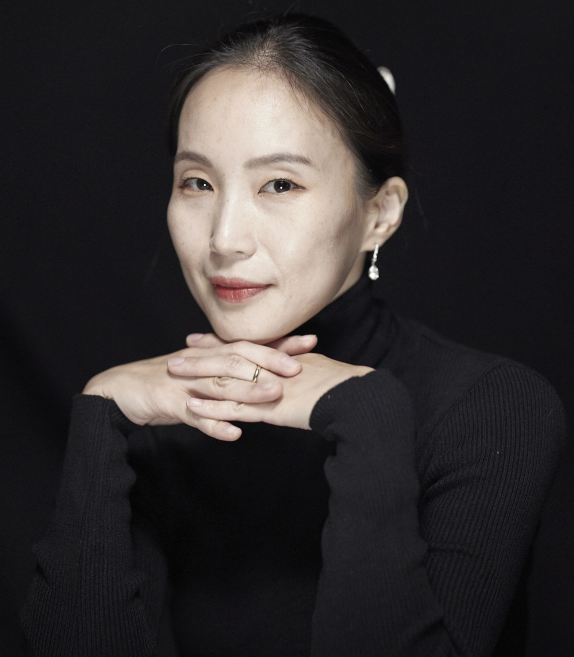Comprehensive.
Empirical.
Problem-Solving.



complex challenges.
Our curriculum, building seamlessly on Innovation Foundations, offers an interdisciplinary approach designed to stimulate intellectual growth across various scientific disciplines. By emphasizing essential theoretical foundations and employing comprehensive simulation techniques, we equip students with crucial skills for problem-solving in real-world scenarios.
Majoring in Natural Sciences opens doors to numerous fields, as scientific knowledge and its application are increasingly essential in virtually every career path. Our graduates will be sought after for their ability to integrate and apply scientific principles effectively. Career paths for students of Natural Sciences are diverse and attractive, ranging from research and development in cutting-edge technological fields to leadership roles in environmental management, healthcare innovation, and scientific policymaking. At Taejae University, we pride ourselves on preparing students not just for immediate job opportunities, but for lifelong careers that contribute meaningfully to society and the global community.
-
How does the School of Natural Sciences prepare students?The School of Natural Sciences at Taejae University stands at the forefront of scientific education, offering a diverse and interdisciplinary curriculum that spans the physical and biological sciences. Our esteemed faculty, consisting of renowned scholars with deep insight, guide students through a journey of discovery and innovation. The school's unique approach integrates rigorous academic training with local science projects connected to students’ residential cities - Seoul, Tokyo, New York, and Moscow, preparing students to tackle the complex challenges of the modern world. The School of Natural Sciences encourages the exploration of complex scientific issues from multiple perspectives, providing an environment where curiosity thrives, and scientific boundaries are expanded. Our goal is to create a vibrant, collaborative educational experience that prepares students to be agile thinkers and problem-solvers in an ever-evolving scientific landscape.
-
What skills do students learn?The primary learning objectives of the School of Natural Sciences focus on developing critical thinkers and problem solvers who are well-equipped to address contemporary and future scientific challenges. We aim to cultivate a deep understanding of scientific principles across various disciplines while fostering skills in research, analysis, and application. Our curriculum is designed to promote not just scientific knowledge, but also digital fluency and collaborative skills essential in today's interconnected world. We aim to foster a global mindset, preparing students to address complex scientific challenges with innovative and sustainable solutions. Our graduates are equipped to become leaders and change-makers in various scientific fields.
We also offer an advanced course on designing and creating virtual labs in conjunction with the Data Science and Artificial Intelligence programs. You will also have internship opportunities at a laboratory in Seoul during your last semester as part of your Capstone design project.
Goals
Students completing our program will have developed these key competencies:
knowledge and critical
thinking
Engaging with complex, contemporary, and future global issues through a multidisciplinary lens.
learning
Embarking on personalized projects that align with individual interests and career aspirations, fostering autonomy and innovation in learning.
Leveraging simulations and a robust theoretical knowledge base to solve real-world challenges.
cultural awareness
Utilizing effective communication strategies to understand and address global scientific issues.
Description
The school of Natural Sciences offers 13 courses, comprising 4 core courses and 9 electives. The core courses include: Physics for the Modern Society/Life Science/Mathematics for Science/Chemical Principles
Details of these courses are available in the course catalogues. Elective courses can be added or changed according to students' interests and needs, allowing for a personalized and dynamic learning experience.

